
Program Scope
Uncovering new insights into the cellular and molecular mechanisms that underly normal and abnormal cellular processes, and their relevance as targets for improving health and preventing and treating disease.
Our program trains students to be successful independent scientists and gives them the knowledge, research training, and leadership skills to provide new insights into the biomedical issues that have a profound impact on public health. Our training goes beyond the scientific techniques and methods, with an emphasis on integrity and rigor, and on the importance of community engagement and impact.
Together, our faculty and students conduct research to advance our understanding of the genetic, molecular, and biochemical bases of cellular processes. We are interested in defining and characterizing the interrelationships between genetic and epigenetic factors, nutrition, and the environment that influence the odds for a healthy life or, alternatively, determine the risk for childhood and adult-onset disease.
We approach questions across many scales, including the structural, biochemical, molecular, cellular, tissue/organ, and organismal levels. Cancer biology is a historical and continuing area of interest for many faculty in our program, which has been supported in part by a training grant from the National Institutes of Health’s National Cancer Institute since 1975.
Cancer Biology From Mechanisms to Patient Populations
Our program has a long history of investigating the molecular mechanisms of cancer and connecting our findings to treatment and prevention. Labs in our program study many different types of cancer, at scales that range from the molecular pathways within a cell, to influences of the microenvironment around a tumor, to the impacts of systemic factors like age, sex, and race in the pathogenesis of cancer. Many of our researchers also work to translate those findings to clinical practice.
Quality Control in Biology: Understanding Disease Prevention at a Molecular Level
Biological systems require “quality control” cellular mechanisms to detect damaged macromolecules, such as DNA mutation or misfolded proteins, and then target them for either repair and recycling, or disposal. Failure of these quality control pathways is at the source of many diseases including cancer and various neurodegenerative conditions. We approach questions related to quality control at the structural, biochemical, molecular, cellular, tissue/organ, and organismal levels.
Extrinsic Effectors of Health: From Aging to Zip Codes
Many of our labs not only look at biological processes which have impacts that reach populations, but also aim to understand external factors that have profound effects on biology down to the molecular level. Research in this area includes tracing the influence of aging on prevalence and progression of cancer, neurodegenerative diseases, and other conditions; understanding how sex differences effect immune responses; and the impact of neighborhood-level socioeconomic factors on epigenetic markers associated with disease risk.
Common Research Areas
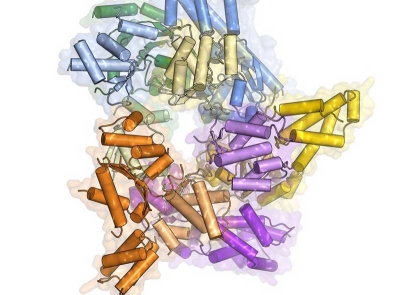
Biophysics and Structural Biology
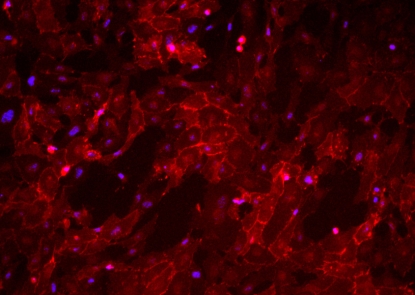
Cancer Biology
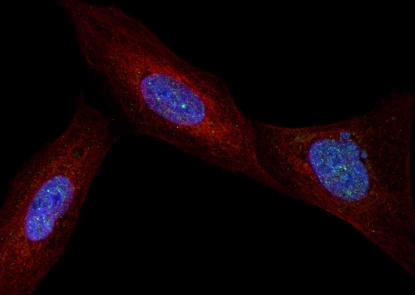
Cell Biology
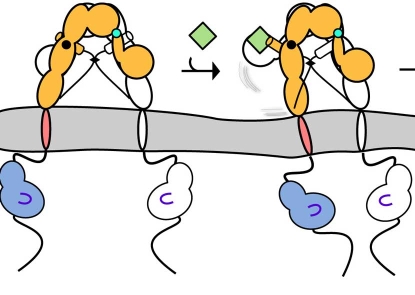
Cellular Stress and Cell Signaling
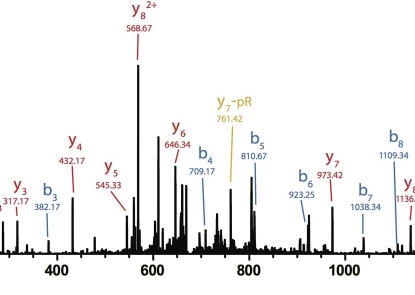
Chemical Biology and Proteomics
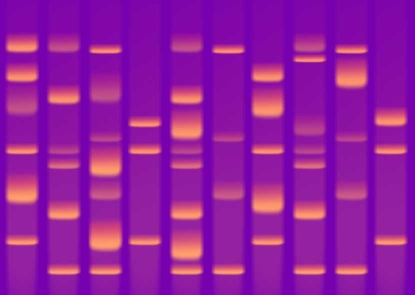
Genetics, Genomics, and Gene Regulation
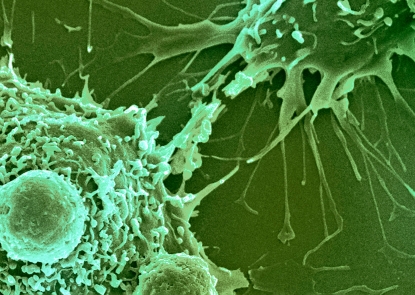
Immunology
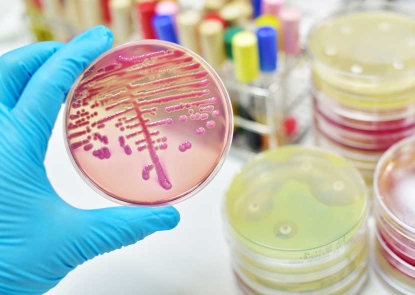
Infectious Disease

